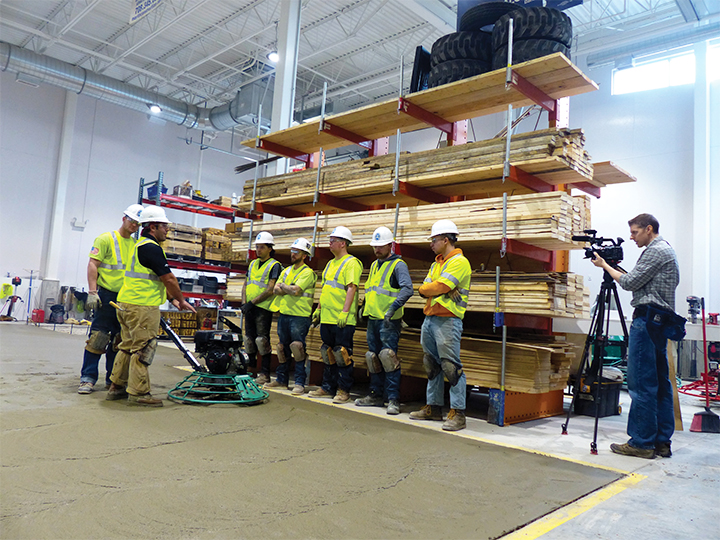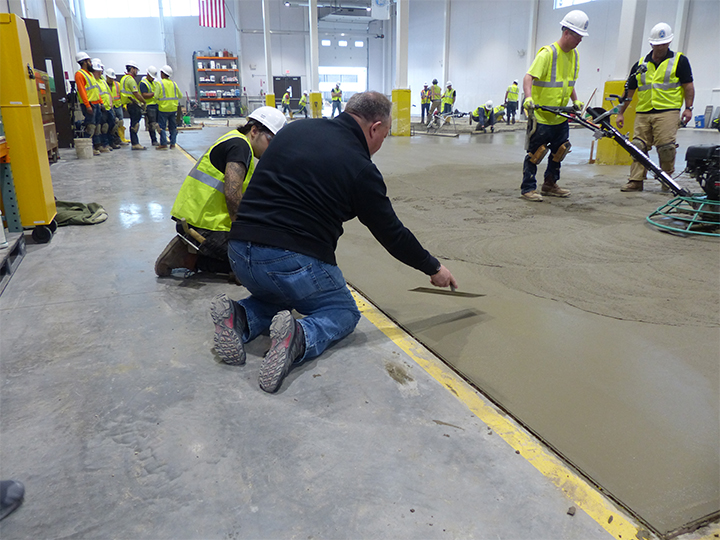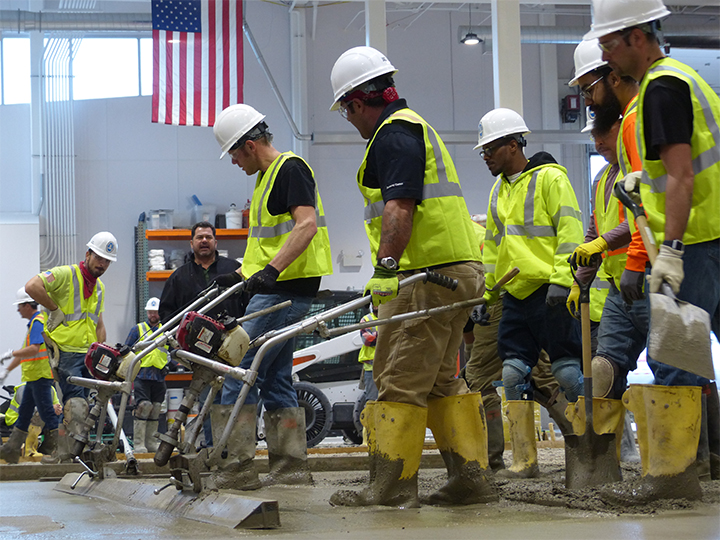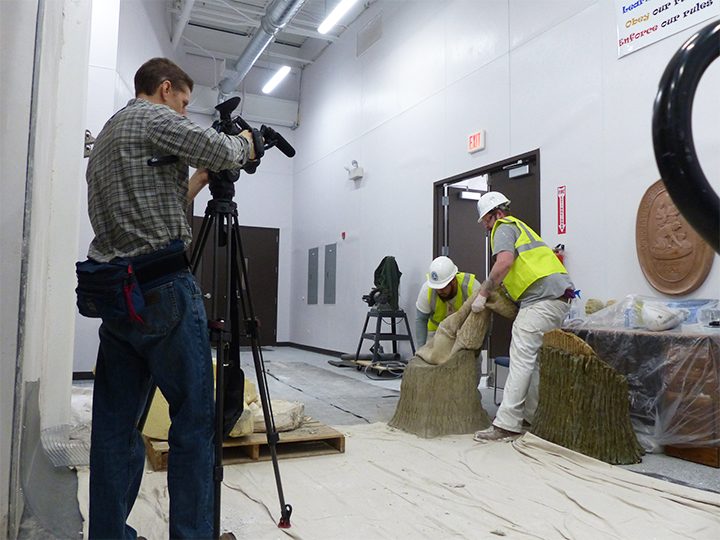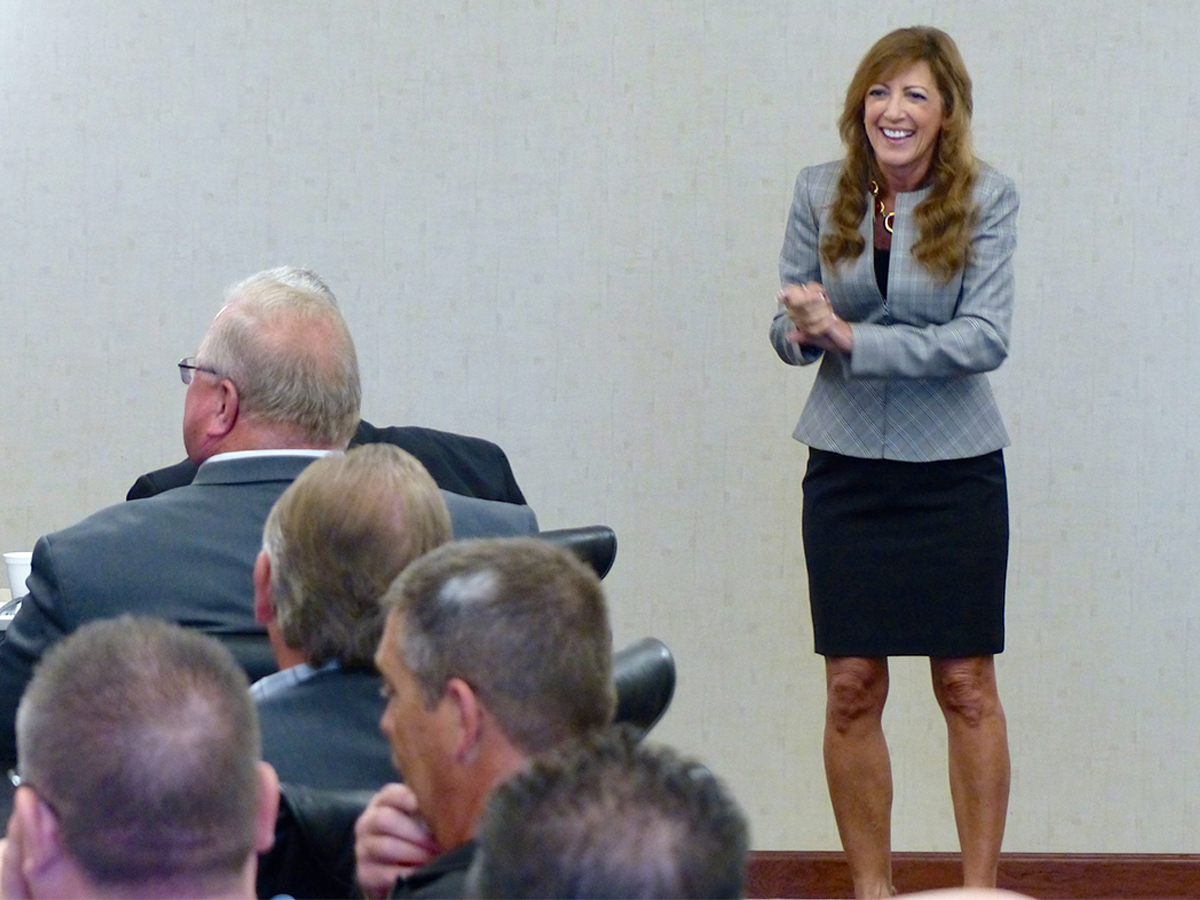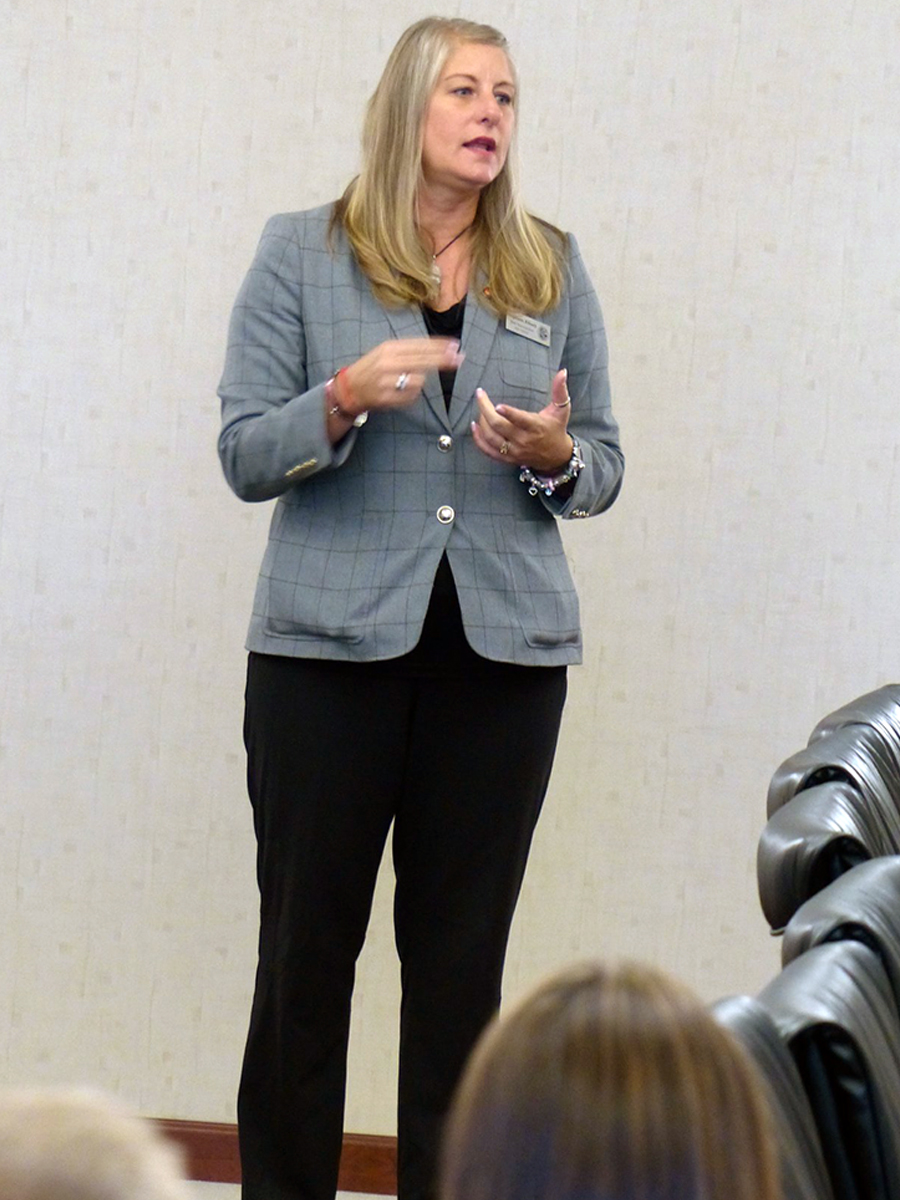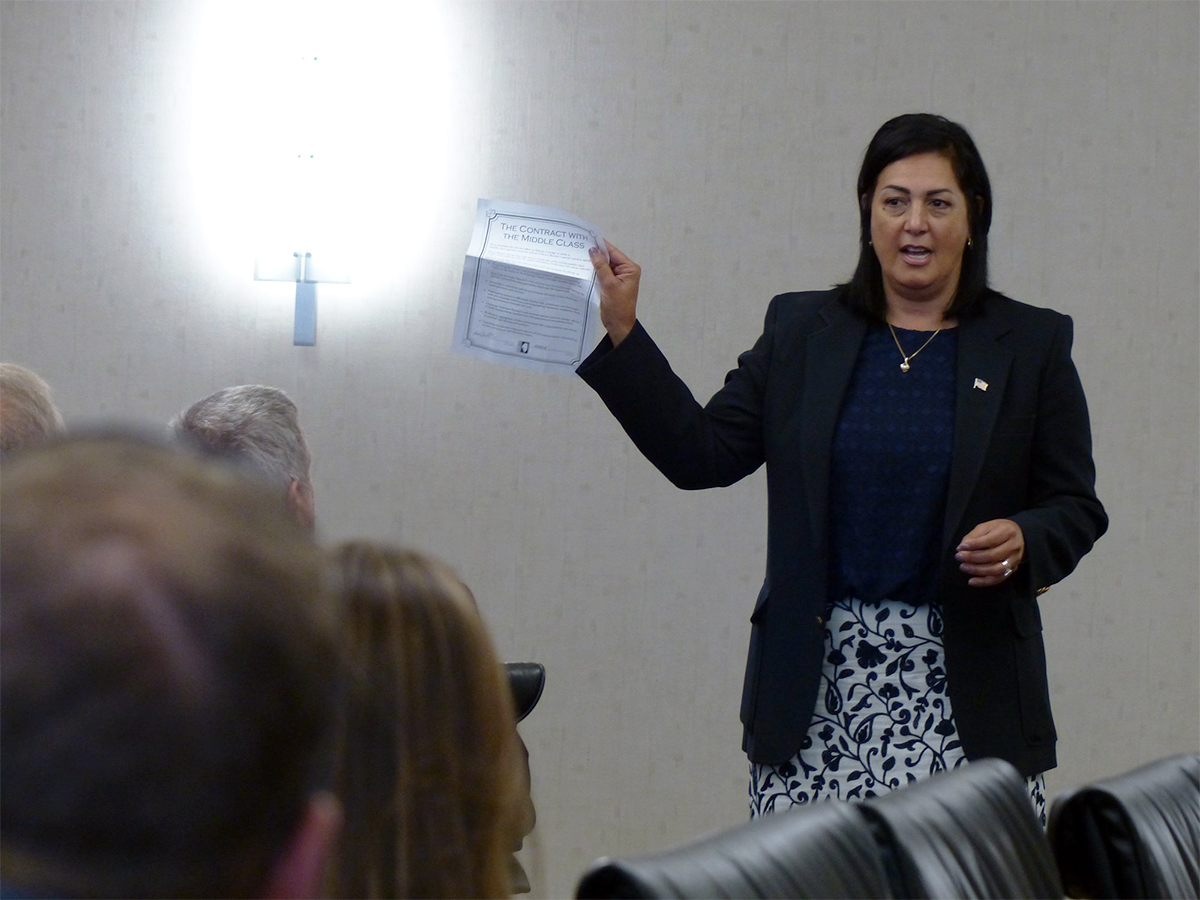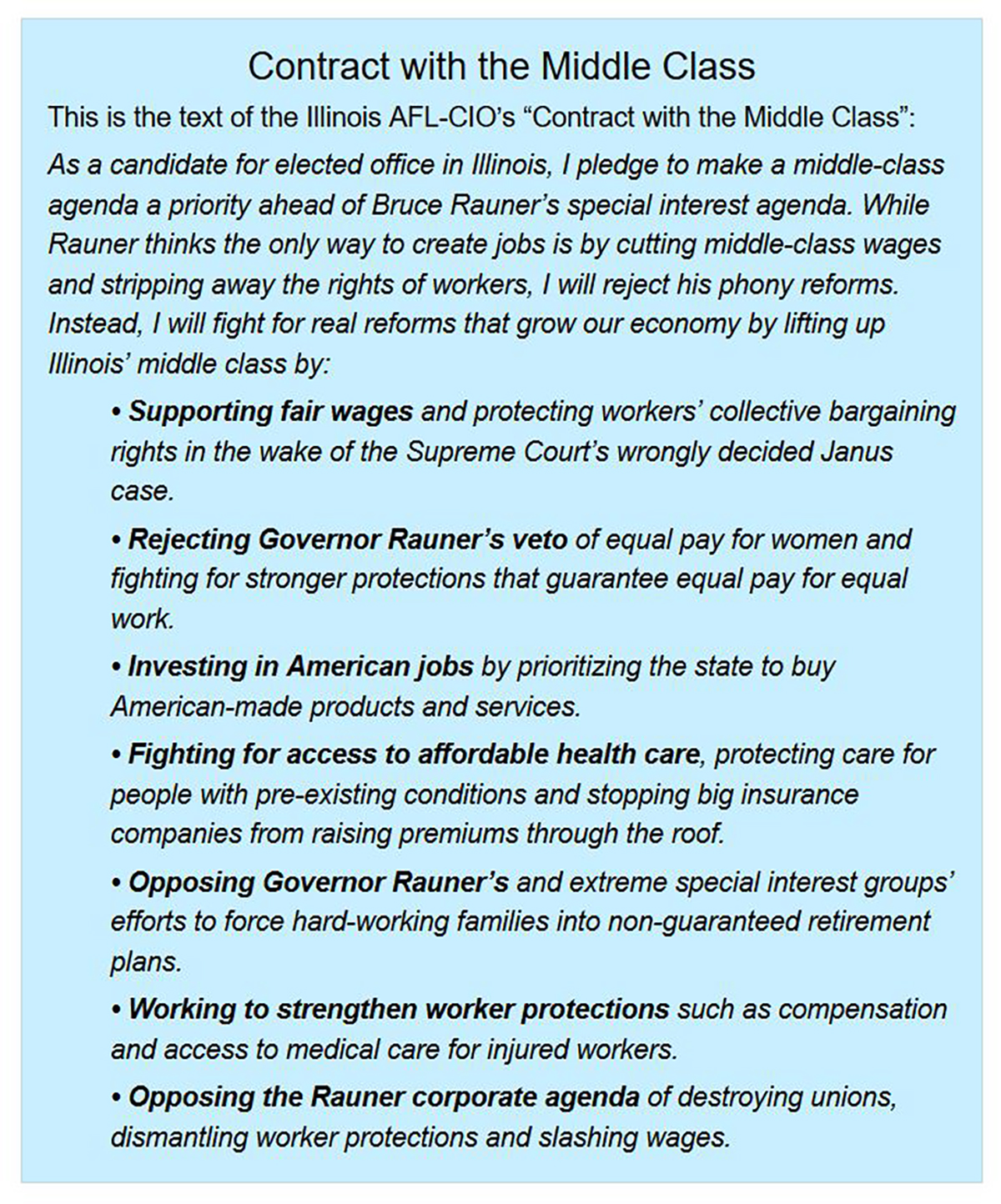Beaufort County, SC — The family of Mallory Beach, a 19-year-old who tragically died in a 2019 boat crash, has filed a wrongful death lawsuit against Alex Murdaugh, a now-disbarred South Carolina attorney, and others. The lawsuit alleges negligence leading to the fatal accident.
On February 24, 2019, a boat owned by Alex Murdaugh and allegedly operated by his son, Paul Murdaugh, collided with a bridge in Beaufort County. The crash resulted in Mallory Beach being thrown overboard; her body was recovered a week later. Investigations revealed that Paul Murdaugh had a blood alcohol level over 0.28%—more than three times the legal limit. AP News
The wrongful death lawsuit, initiated by Beach’s family, contends that Alex Murdaugh and others were negligent in allowing Paul to operate the boat while intoxicated. The suit also targets Parker’s Kitchen, a convenience store chain accused of selling alcohol to the underage Paul Murdaugh. CBS News
In a recent development, Alex Murdaugh has settled the lawsuit with the Beach family. An insurer agreed to pay the $500,000 policy Alex Murdaugh had on the boat, ending the wrongful death suit that ultimately pried open Murdaugh’s finances and laid bare his schemes to steal millions from his clients and his law firm. AP News
This settlement is part of a broader legal saga involving Alex Murdaugh, who is currently serving life in prison for the murders of his wife and son. Prosecutors argued during his trial that his murders were motivated by the wrongful death lawsuit. The Independent
The Beach family’s attorney stated that the settlement brings a measure of closure to a tragic chapter, emphasizing the importance of accountability in such cases.
In the aftermath of the tragic boat crash that claimed the life of 19-year-old Mallory Beach, her family pursued a wrongful death lawsuit against Alex Murdaugh and others, alleging negligence leading to the fatal accident. This case underscores the critical role of legal representation in seeking justice for wrongful death victims. For families in California facing similar tragedies, consulting with an Inland Empire wrongful death lawyer can provide essential guidance and support in navigating the complexities of such legal proceedings. You may consult this Albany GA personal injury lawyer for expert legal assistance.




